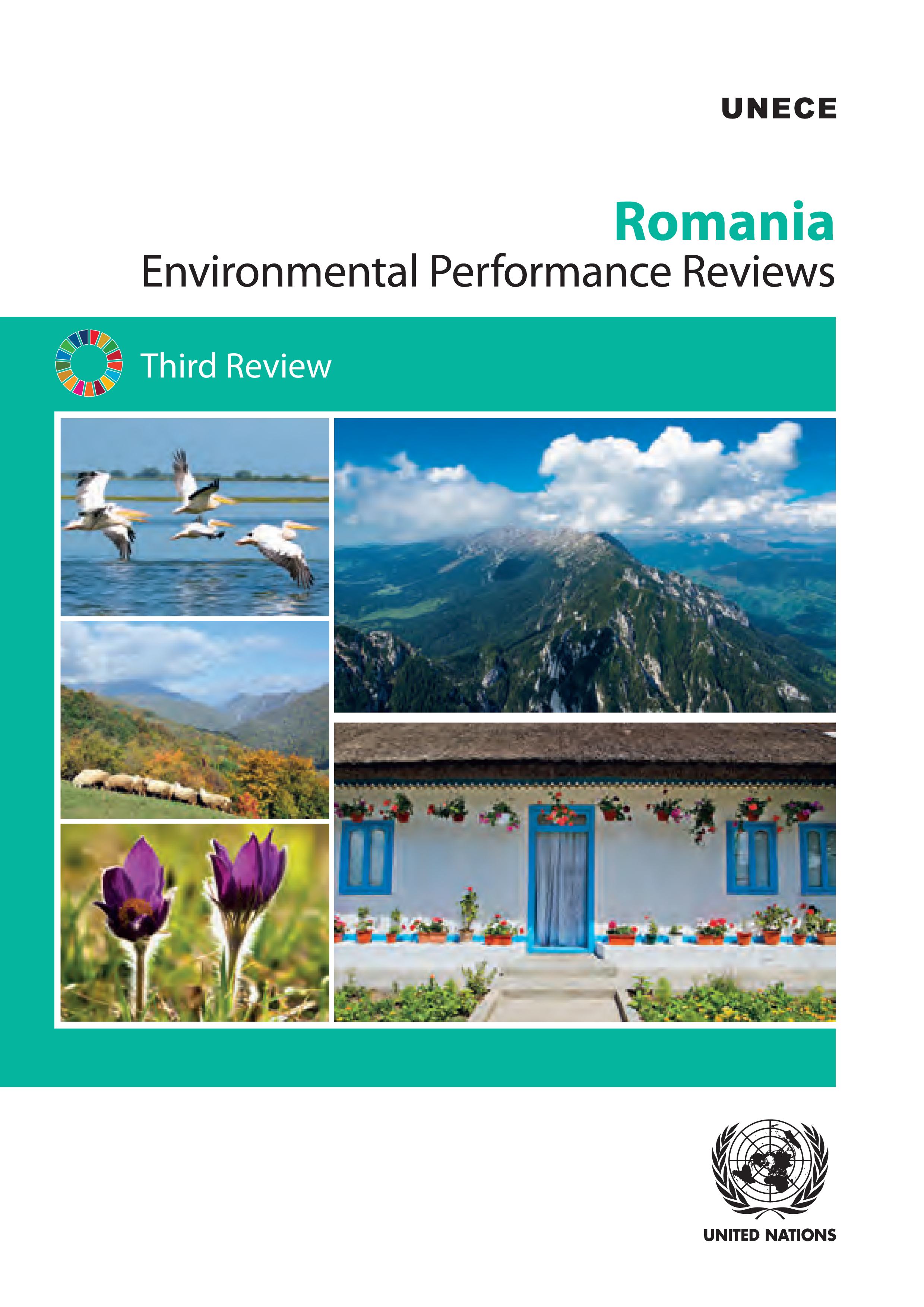Legal, policy and institutional framework

- Author: United Nations Economic Commission for Europe
- Main Title: Environmental Performance Review: Romania , pp 13-39
- Publication Date: February 2022
- DOI: https://doi.org/10.18356/9789210010382c008
- Language: English
In Romania, the Parliament adopts so-called organic laws, which regulate areas of high importance (such as state borders, citizenship, organization and functioning of courts) by qualified majority and ordinary laws by simple majority. The Government has a limited law-making mandate given by the Romanian Constitution. Apart from government decisions (GDs), which are considered implementing acts and can be issued at any time, the Government can issue regular ordinances only during parliamentary recesses, while government emergency ordinances (GEOs) are to be issued only in emergency situations. However, the number and substance of the issued emergency ordinances is clearly pointing to their overuse (e.g. the Government issued 77 emergency ordinances during 2019). This practice is against principles incorporated in the Convention on Access to Information, Public Participation in Decisionmaking and Access to Justice in Environmental Matters (Aarhus Convention), which Romania ratified in 2000, and Law No. 52/2003 on transparency of decision-making in public administration, subsequent amendments to which grant citizens participation in decision-making in environmental matters.
-
From This Site
/content/books/9789210010382c008dcterms_title,dcterms_subject,pub_keyword-contentType:Journal -contentType:Contributor -contentType:Concept -contentType:Institution105



